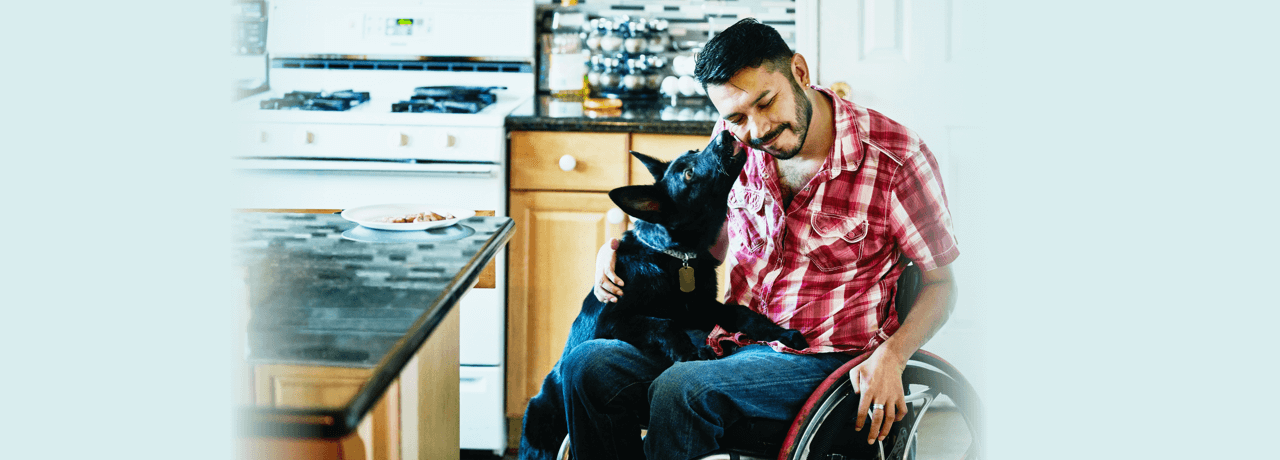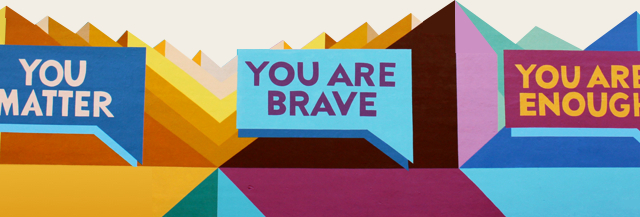Depression is a real, common, and treatable mental health condition.


Busting myths about mental health
Kaiser Permanente commissioned a national poll to help raise awareness about mental health, reduce stigma, and break the silence on depression and other mental health conditions.¹
The results revealed 70% of respondents believe people in the U.S. are more open about discussing mental health conditions compared to 10 years ago. And, among people who’ve had a friend or family member who they felt might have a mental health issue but were not speaking up, 71% have reached out to express their support and ask if they want to talk.
However, the poll also revealed that there’s still a long way to go. While more than 3 out of 4 respondents felt either very well or somewhat well informed about mental health issues, the poll showed that people still have knowledge gaps and misperceptions that reveal potential sources of stigma.
Myths and facts about mental health
Myth
- More than half of the poll respondents said they believe depression is caused in some part by personal weakness or failing.
- 38% agreed with the statement that people with mental health conditions are unpredictable and potentially dangerous.
- 24% of millennials agreed that most people with a mental health condition can get well on their own without professional help.
Fact
- Depression can be linked to many causes that aren’t anyone’s fault — including chemical imbalances, genetics or past traumas.²
- People with mental health conditions are not more likely to behave violently. In fact, they’re far more likely to be victims of violence.³
- Professional help is important, and treatment works. More than 80% of people treated for depression improve, and treatment for panic disorders has up to a 90% success rate.⁴
Stigma drives silence, silence drives stigma
More than half of respondents suspected that a family member or friend had a mental health condition, but weren’t telling them. When asked why they believe people are reluctant to reach out for support, most cited fear of stigma (56%), embarrassment and shame (38%), and denial (11%).
The good news
While there’s still work to do to end stigma, the poll also revealed some bright spots where we are making progress.
- 89% of the people surveyed recognize that anyone can develop a mental health condition.
- 73% believe that mental health issues should be treated no differently than physical ones.
- 38% said they’ve personally had a mental health issue — and of those, 92% sought help or guidance.
- 64% of those who suspected a friend or family member might have a mental health condition encouraged the person to seek professional help.
Starting the conversation
Even in the digital-forward age, most people prefer talking face-to-face about mental health. Here’s how people said they’d be comfortable starting the conversation:
- Face-to-face: 86%
- Telephone call: 71%
- Text message: 57%
- Email: 52%
- Social media: 49%
Listening and offering support (83%) is the top thing respondents felt they could do to help friends or loved ones dealing with mental health issues, followed by offering to attend a counseling session with them (63%) and sharing their own personal experiences (54%).
What can you do?
Talking about mental health conditions and issues can be challenging for anyone — whether you’re living with it and want to ask for support, or you want to help someone but don’t know what to say. Either way, it starts with a conversation — and we’re here to help you find your words.
1. Kaiser Permanente commissioned KRC Research to conduct a 15-minute online survey among a total of 3,005 U.S. adults from August 10–16, 2017
2. https://www.nami.org/Learn-More/Mental-Health-Conditions
3. https://www.ncbi.nlm.nih.gov/pm
4. http://www.mentalhealthamerica.net/get-professional-help-if-you-need-it





